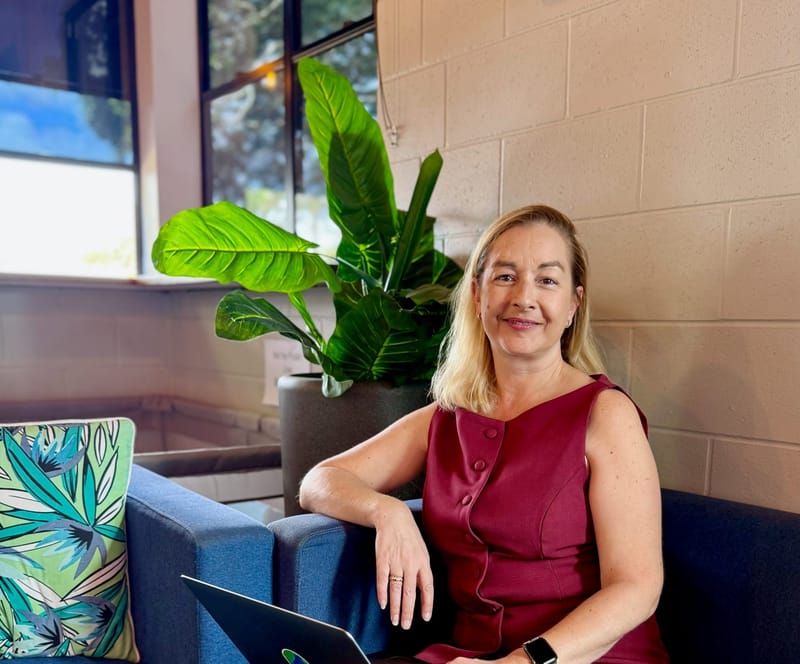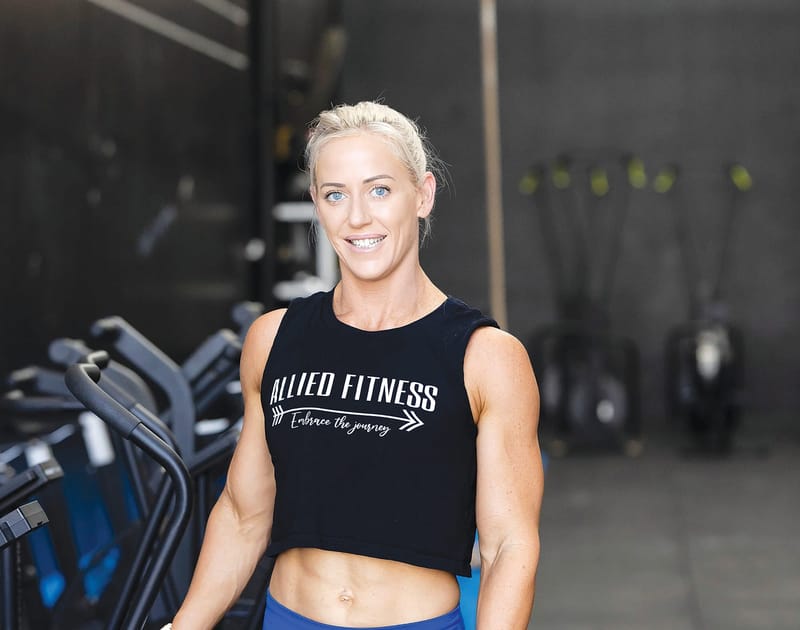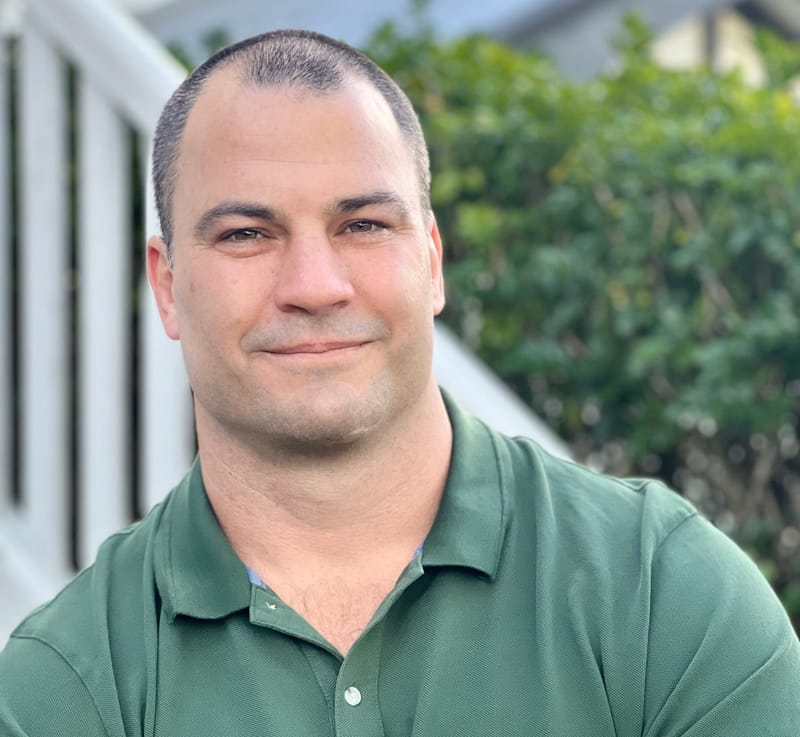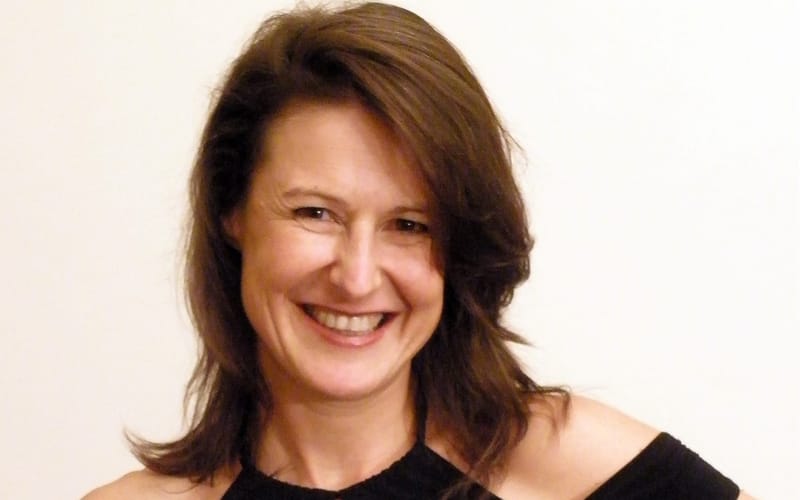EVERYDAY PEOPLE - Mark Grimsley - A renewed sense of purpose
MARK Grimsley and his wife Kelly have lived in Hervey Bay on and off for many years, this time around they have lived in Hervey Bay for eight years and love its beauty. Born in Manchester, UK, Mark moved to Australia with his family at the age of...
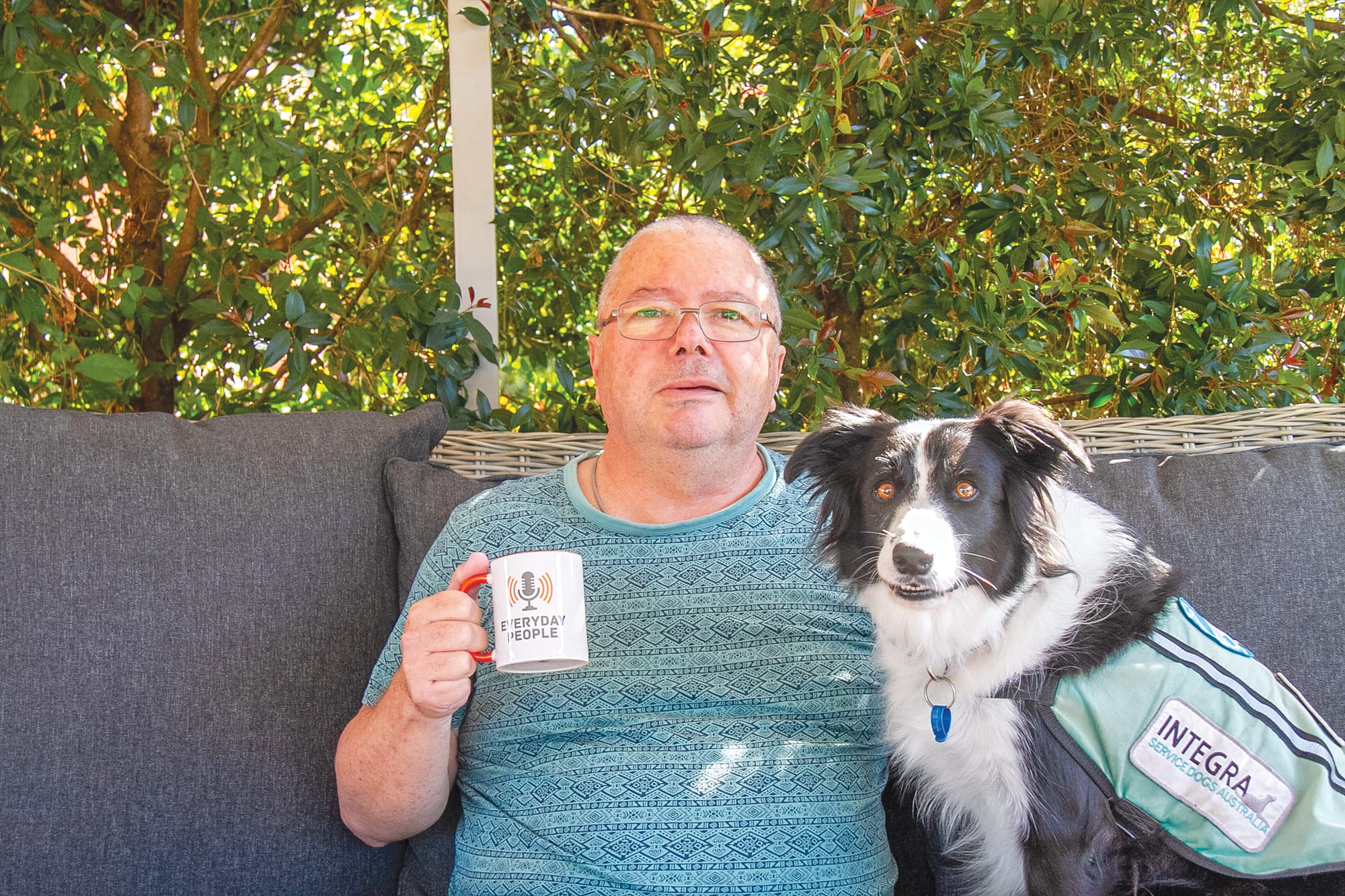
MARK Grimsley and his wife Kelly have lived in Hervey Bay on and off for many years, this time around they have lived in Hervey Bay for eight years and love its beauty.
Born in Manchester, UK, Mark moved to Australia with his family at the age of five. He has two brothers and two sisters scattered across the country; Mark doesn’t get to see them often but keeps in touch when he can.
Now fifty-eight, Mark had a typical childhood and was passionate about soccer, which he played from age five until he became ill around 2000.
In high school, he participated in cadets for five years and knew he wanted to join the Air Force. After school, he fulfilled this ambition, serving for a total of seventeen years. Mark’s service included a significant deployment to Kyrgyzstan in 2002, supporting air-to-air refuelling operations for the Afghanistan conflict. He enjoyed his military life, working as an Aircraft Life Support Fitter, managing safety equipment for aircraft crews. Despite his love for the job, health issues forced his early departure from the military.
Mark battles PTSD and Functional Neurological Disorder (FND), conditions that significantly impact his daily life. Initially misunderstood as a psychological disorder, FND is now recognised as a complex condition affecting the brain's functionality, likened to software malfunctions. This misunderstanding often leads to confusion in medical settings, but awareness is gradually improving. Mark’s PTSD stems from a traumatic incident in 2002 in Afghanistan when he was stopped at a checkpoint and faced with drawn guns, an event that still triggers him today as he didn’t think he would be coming home.
The doctors and specialist's inability to diagnose Mark’s condition promptly added to his struggles. Initially, he concealed his symptoms until they became unmanageable.
"I recall my last day at work vividly. Feeling unwell, I drove to work but ended up driving off the road. I am not sure if I blacked out, but I was unable to function properly. This incident ultimately led to my discharge, leaving me without a clear understanding of my health issues."
The lack of a diagnosis and the resulting isolation took a toll on Mark, both physically and financially. Kelly, his wife, has been his unwavering support, managing not only his health but also caring for their daughter, who has Asperger’s syndrome.
Living with these conditions has been challenging. Mark experiences severe fatigue, startles easily, and often requires a wheelchair or a helmet when outside due to frequent falls. Despite these difficulties, he remains resilient, although the combination of PTSD and FND exacerbates his symptoms, including seizures and convulsions.
Post-military life saw Mark attempting to stay active by running coffee shops with Kelly, but his deteriorating health made this difficult, and they had to let the shops go. A turning point came when he discovered a passion for photography. Gifted a camera by his daughter Jessica, Mark began capturing wildlife, transforming his perspective, and giving him a renewed sense of purpose.
Sadly, while on the beach, he has been knocked over by off-leash dogs and subsequently had to start using a mobility scooter. Now, he often uses a 4-wheel drive wheelchair. Additionally, he needs to go out with a support worker as he has been assaulted twice during his outings which doesn’t help his PTSD.
Mark’s photography has become a therapeutic outlet, offering him a sense of achievement and connection to the community. He has amassed a large collection of wildlife photos over the last six years and his images are sold on Redbubble, reaching audiences worldwide. Despite daily battles with his health, Mark remains hopeful and advocates for understanding and patience from others, emphasizing that people like him can still contribute meaningfully to society.
By Kim Parnell
From the What’s On Fraser Coast Magazine



